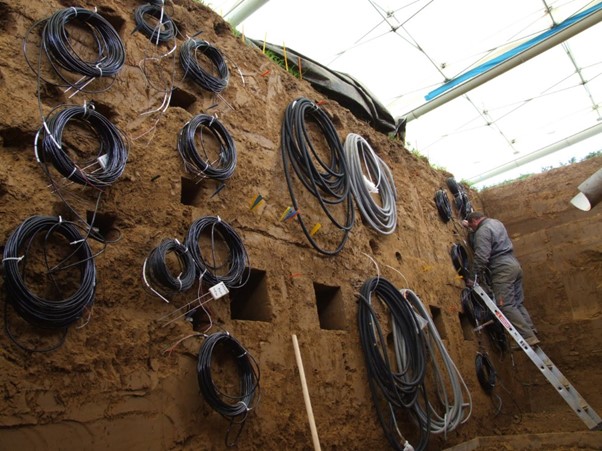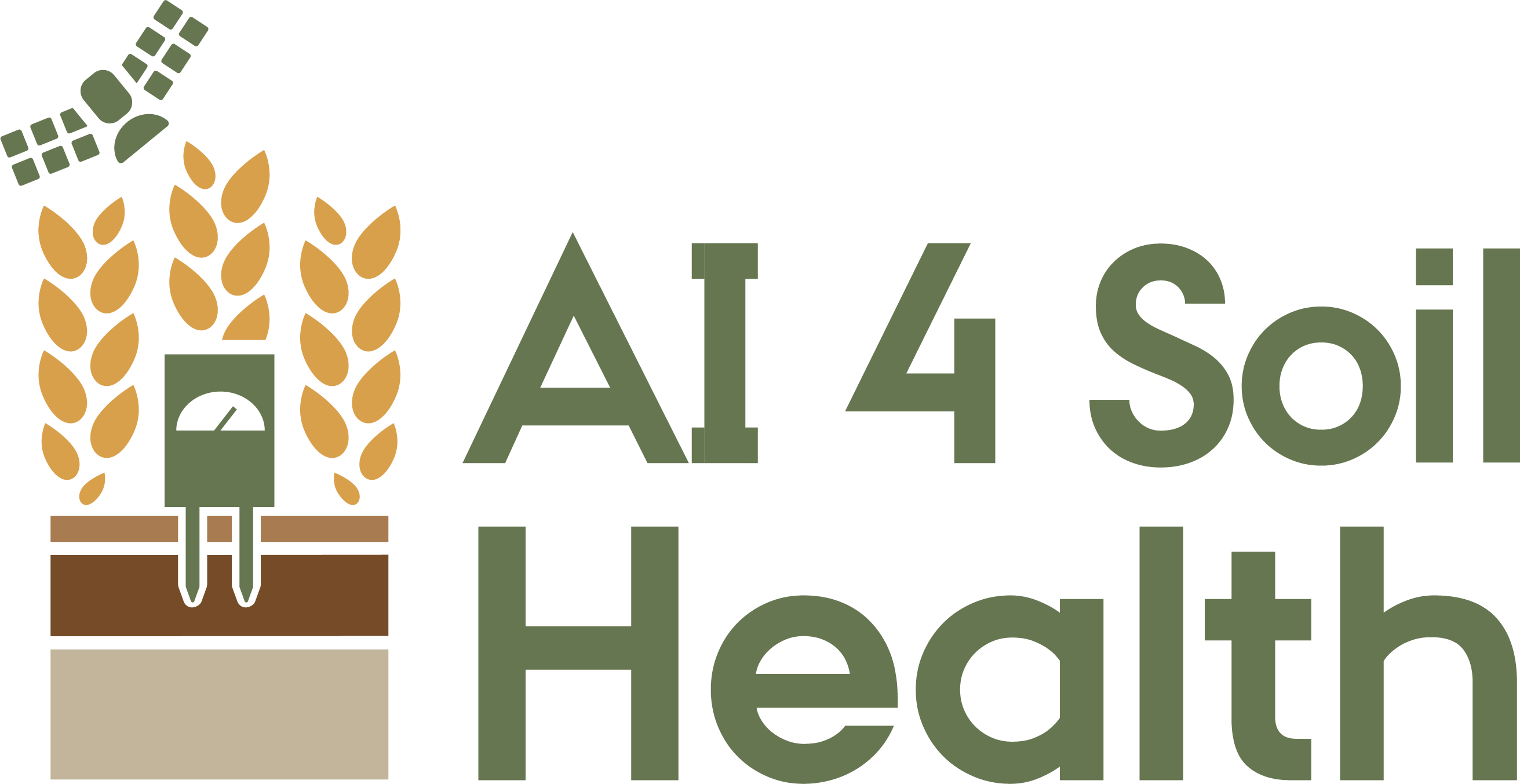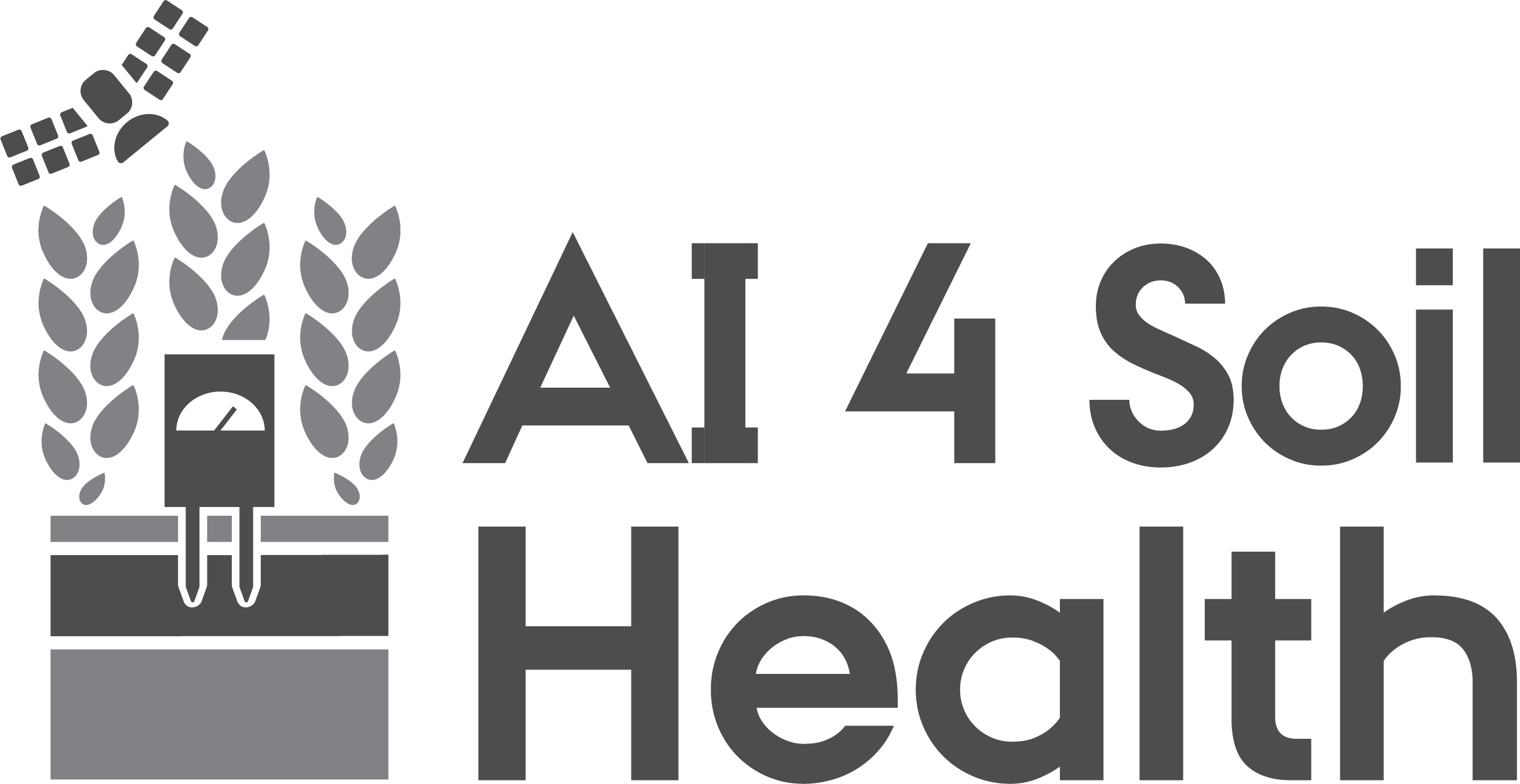France

Overview
Introduction:
The INRAE ACBB long-term experimental research site on arable cropping systems is situated in Estrées-Mons, Northern France, covering an area of 22 hectares. Established in 2010, its aim is to monitor the environmental impacts and performance of arable cropping systems relevant to regional agriculture, enhancing understanding of agroecological processes.
The site implements six-yearly crop rotations across eight different treatments to differentiate agricultural management practices. Five specific treatment comparisons allow in-depth analysis of individual drivers’ effects:
- Tillage type
- Residue management
- Nitrogen fertilization
- Perennial (biomass) crop frequency
- Legume frequency
Three treatments reflect a systems approach, altering multiple factors simultaneously, with reduced inputs (e.g., mineral nitrogen, pesticides), along with adapted management practices (e.g., tillage, mechanical weeding).
Soil health indicators chosen
Soil health indicators such as soil organic carbon (SOC) stock and SOC change over time, soil moisture, soil nitrogen status can be assessed with the data collected.
Data collected by this pilot site:
In line with the research site’s sampling strategy, key variables to assess changes in biomass production, environmental losses (e.g., N2O, CO2, NO3-, pesticides), and soil carbon storage are monitored both manually (e.g., yield, plant growth characteristics, soil and water chemistry, soil biodiversity) and through over 600 permanent sensors for continuous data acquisition (e.g., weather data, soil moisture, gas exchange).
Gallery


